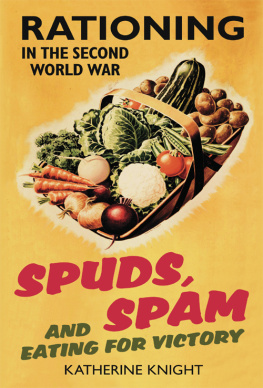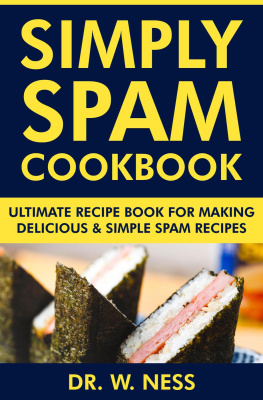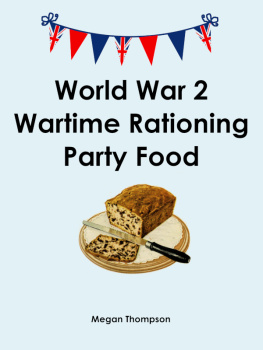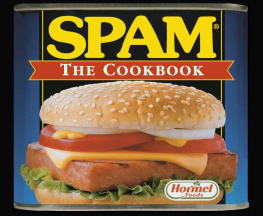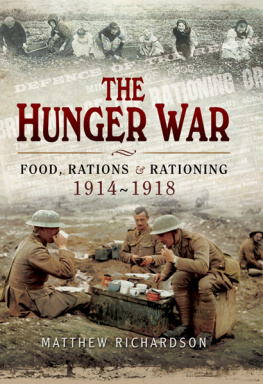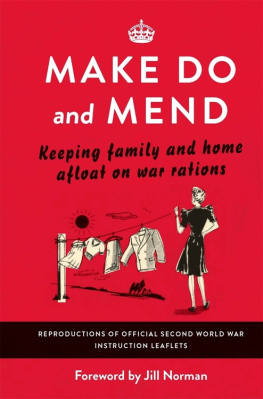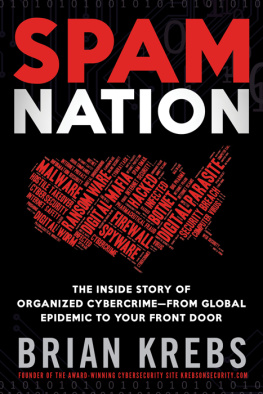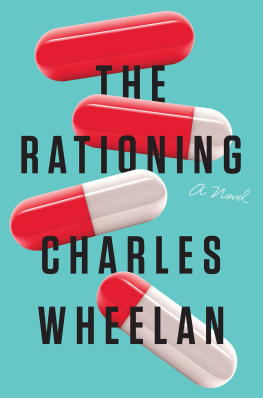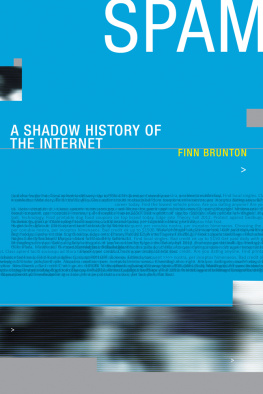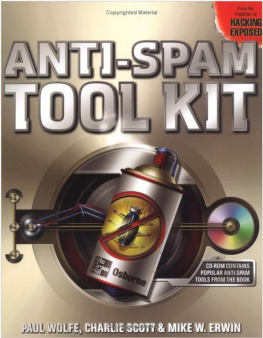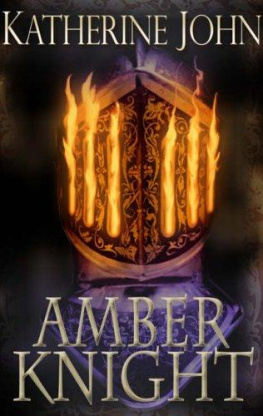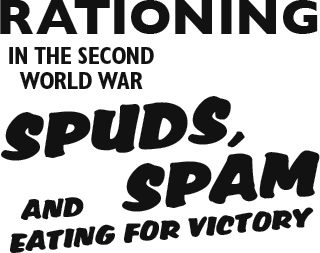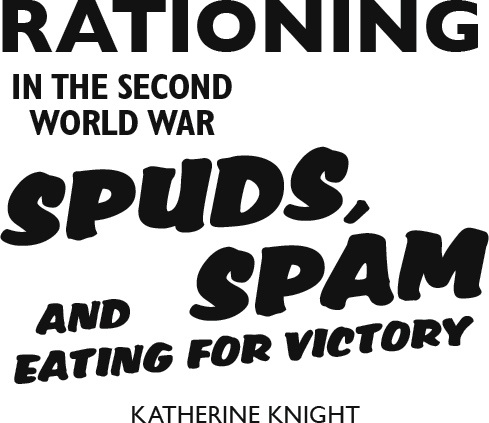In memory of my parents, Walter Fritz Alfred and Ruby Bell, and of my sister Jane
First published in 2007
This edition first published in 2011
The History Press
The Mill, Brimscombe Port
Stroud, Gloucestershire, GL 5 2 QG
www.thehistorypress.co.uk
This ebook edition first published in 2011
All rights reserved
Katherine Knight, 2007, 2008, 2011
The right of Katherine Knight, to be identified as the Author of this work has been asserted in accordance with the Copyrights, Designs and Patents Act 1988.
This ebook is copyright material and must not be copied, reproduced, transferred, distributed, leased, licensed or publicly performed or used in any way except as specifically permitted in writing by the publishers, as allowed under the terms and conditions under which it was purchased or as strictly permitted by applicable copyright law. Any unauthorised distribution or use of this text may be a direct infringement of the authors and publishers rights, and those responsible may be liable in law accordingly.
EPUB ISBN 978 0 7524 7294 2
MOBI ISBN 978 0 7524 7293 5
Original typesetting by The History Press
Contents
Acknowledgements
For permission to reproduce copyright material the author and publishers gratefully acknowledge the following:
The account of his fathers bakery business in Awsworth, Notts. David Bexon.
The poem by Tom Earley, For what we have received from All These Trees, Gwasg Gomer (Gomer Press, 1992).
Extract from the Foreword to They Cant Ration These, by the Vicomte de Mauduit, reprinted 2004 by Persephone Books (www.persephonebooks.co.uk).
Extracts from When the Lights Go On Again, ed. by Pam Schweitzer, an Age Exchange Publication, 2000. Pam Schweitzer and The Age Exchange Theatre Trust.
Extracts from John Barnetts Plenty and Want (Penguin, 1968) and Liquid Pleasures (Routledge, 1999). Taylor and Francis Group.
Text extract from Warnes Everyday Cookery Frederick Warne & Co. Ltd., 1926. Reproduced by permission of Frederick Warne & Co. Ltd.
An account of wartime substitutions in Jersey by Mrs Cecile Mallet. Nancy Yates.
Extracts from articles from The Times newspaper:
Aluminium for aircraft an appeal to women. The Times, London, 10/7/1940.
Underground food train snacks for shelterers in the tubes. The Times, London, 15/11/1940.
Helpers for the harvest 500,000 volunteers wanted, from the labour correspondent. The Times, London, 18/2/1943.
Infection of milk doctors appeal for pasteurization.The Times, London, 19/2/43.
Labour for the harvest ministers call for 500,000 helpers. The Times, London, 22/4/1943.
No increase in rations more fish and eggs, by the food correspondent. The Times, London, 15/8/1945.
Quotations from papers and ephemera held by The National Archives and the Department of Printed Books, The Imperial War Museum, are Crown Copyright.
Excerpts from wartime broadcasts by Dr Charles Hill and Lord Woolton, from the BBC Written Archives, are published under PSI Licence.
Every effort has been made to trace all copyright holders, but this has not always been possible. The publishers would be glad to put right any errors or omissions in future editions.
Acknowledgement and thanks to the Age Exchange Reminiscence Centre, Blackheath Village, for permission to photograph some of the articles in their display.
Many thanks for his help to my son, Robert Knight, who holds a BA (Hons) degree in History. He gave me valuable introductions and advice on resource materials.
A Note about Weights and Money
During the Second World War, Britain was still using Imperial weights and measures and a system of pounds, shillings and pence, both of which made children dread arithmetic lessons.
However, they were a part of everyones lives at that time, so I have only converted weights and measures in my text to modern equivalents when describing food values and recipes which you may like to try out in the twenty-first-century kitchen.
The conversion of weights and measures is straightforward.
The ounce (oz) is about 28g; 30 or 25g are usually used to approximate quantities in metric recipes. 16oz = 1 pound (lb), about 450g, or rather less than half a kilogram.
The pint is still familiar (beer and bottled milk still sold thus). It contains 20 liquid ounces. Its metric equivalent is 550ml, rather more than half a litre. There are 2 pints to a quart, 4 quarts or 8 pints to the gallon.
Household measures are described on page 63.
The main monetary unit was a pound, as it still is. It was divided into 20 shillings, and each shilling was made up of 12 pence. At the start of the war at least the penny could be further divided into 2 halfpence or hapennies, or 4 farthings. Farthings faded out with inflation.
s d were the written abbreviations. For example, four pounds, eight shillings and ninepence hapenny became 4 8s 9d. If no pounds were involved, a forward slash divided shillings from pence: six and eightpence was written 6/8d. Two shillings would be 2/- and a penny three farthings 1d.
Inflation has made conversion of money almost meaningless. To say that we had 5p worth of meat per week would imply starvation, which was not the case. It may be more helpful to compare prices with wages. Even so, wages increased in the course of the war by about 45 per cent for men, more for women who were catching up a little.
The weekly average figures in January 1944 were:
| Adult men | 6 4s 2d |
| Women of 18+ | 3 4s 6d |
| Male youths under 21 | 2 6s 11d |
| Girls under 18 | 1 14s 3d |
The calculations were based on 6 million workers, including those in agriculture, where wages were notoriously low.1 Professional people would earn considerably more than the average, and a salary of 1,000 per year made you well off.
Introduction
The trouble with history is that we know what happened. It is like reading the last page of a detective story before the beginning. But for people living through and creating events in the Second World War there was no guarantee of a happy ending, with the villain arrested and the victim someone else. For children particularly, caught in conflict beyond comprehension, there was uncertainty and fear. There was also courage, humour, common sense, selfishness, bureaucracy and Spam. We did not know how things would turn out but could only hope for the best.
Thus this book is written from two points of view. I researched the period as I would any other, but then applied a personal reality check of what I could remember from my own young experience. Of course this was limited, so I asked others for their recollections as well.
I was only six years old in 1939. I grew up in Cornwall, at Porthcurno, just round the corner from Lands End. My father worked for Cable & Wireless Ltd, a company which owned the undersea telegraph cables forming a vital link with America and the rest of the world. He became the manager of the cable station there. The staff and their families made up a more or less self-contained community.

